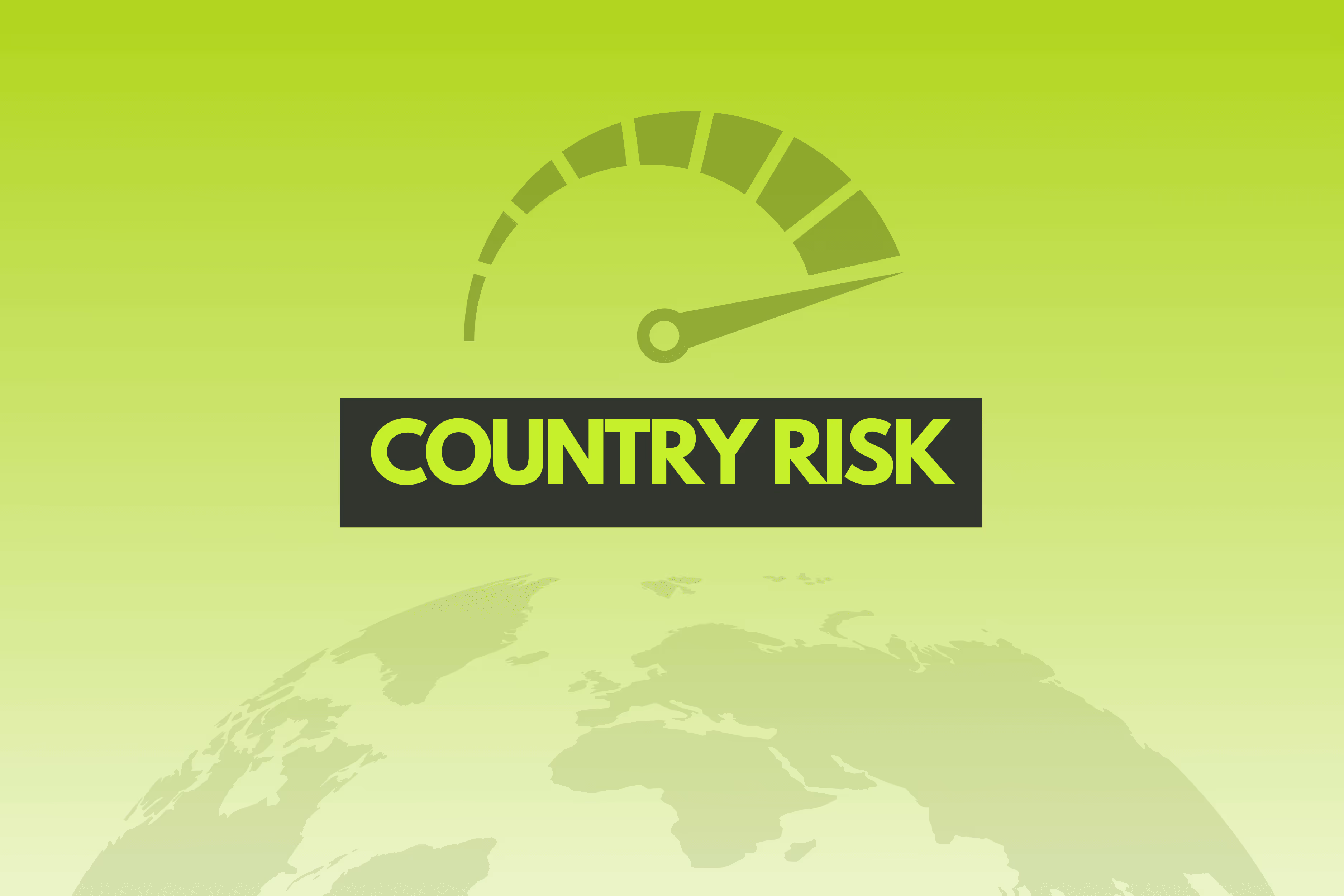
Updated: Wolfsberg Group's Updated Country Risk FAQs
The Wolfsberg Group, a global association of major international banks, did something this week for the first time in six years: It updated its Country Risk Frequently Asked Questions (FAQs). In this sanctions.io report, we reveal why everyone in compliance will carefully review this document - and the highlights you need to know about right now.
Why Is the Wolfsberg Group's Guidance So Important?
From financial giants such as HSBC to Deutsche Bank, the Wolfsberg Group comprises thirteen global banks. So what does it do?
From its HQ in Basel, Switzerland, it develops frameworks and guidelines for managing financial crime risks, including Know Your Customer (KYC), Anti-Money Laundering (AML), and Counter-Terrorist Financing (CTF) policies. It also publishes guidance on sanctions screening.
But what makes the Wolfsberg Group so important?
It all comes down to this: respect. Amongst the banking compliance community, it has the reputation as being the gold standard for creating actionable country-level financial crime ratings.
What makes it even more influential is how the entire compliance community, operating in both financial and non-financial spaces, follows guidance from the Wolfsberg Group, especially for forming AML risk assessments.
Wolfsberg Group Country Risk FAQs: Here's Why It's Crucial
The Country Risk FAQs published by the Wolfsberg Group is crucial because thousands of financial institutions, such as banks and payment processors (as well as the non-financial sectors), use it as a foundation.
You can download the latest 2024 version here (PDF format).
Put simply, it dictates how country risk is applied in Anti-Money Laundering/Counter-Terrorist Financing (AML/CTF) frameworks.
This is tremendously influential. Why? It impacts how financial institutions handle customer access to services depending on the jurisdiction and the risk allocated. Ultimately, the recommendations in the Wolfsberg Group's Country Risk FAQs trickle down to everyone in society and its businesses and organizations.
With no further ado, let's look at three highlights from the Wolfsberg Group's 2024 Updated Country Risk FAQs.
1. Country Risk: CDD & EDD
One of the key takeaways from the updated Country Risk FAQs is what the Wolfsberg Group calls a "clearer delineation of country risk within the wider context of CDD and enhanced due diligence EDD."
Customer Due Diligence (CDD) and Enhanced Due Diligence (EDD) are fundamental in identifying and managing risks associated with clients and transactions.
However, there is a glaring problem: Knowing when and to what extent to perform CDD and EDD is tough to crack in AML and CTF efforts. Compliance professionals are often concerned that frameworks provided by regulators and non-governmental bodies should be more specific.
The financial crime-fighting community has thus far welcomed the Wolfsberg Group's more precise 2024 guidance.
2. Country Risk: Sanctions Considerations
Since the Wolfsberg Group last published its Country Risk FAQs in 2018, the international sanctions landscape has flipped on its head. And everyone reading knows why:
The 2022 Russian invasion of Ukraine has led the world down a path leading to the highest number of sanctions since the Second World War. And here is a recent example from February 2024. US President Joe Biden imposed 500 new sanctions on targets connected to the death of Russian opposition leader Alexei Navalny and the war in Ukraine.
And what's happened to financial crime fighters' and sanctions compliance teams' stress levels? It's shot through the roof. The truth is, they need all the guidance they can get.
Let's examine the Wolfsberg Group's Country Risk FAQs in 2024 regarding how sanctions are considered in country risk methodologies.
Three areas stand out:
- FCCR methodology
- Highest Risk Ratings
- Fast-Paced Sanctions Environment
We'll now expand on each one.
FCCR: The Financial Country Risk Rating (FCCR) is determined by assessing the risks associated with the countries where customers operate. An essential aspect of the Wolfsberg Group's guidance is the inclusion of sanctions within a financial institution's FCCR methodology. Consequently, incorporating related data points into the methodology is fundamental.
Highest Risk Ratings: Financial institutions should default sanctioned regimes to the highest risk rating. Customers associated with sanctioned countries are subject to the highest levels of due diligence and approvals.
Fast-Paced Sanctions Environment: As mentioned earlier, the sanctions environment is rapidly changing, with daily sanctions lists being updated. The Wolfsberg Group states it's essential for financial institutions to keep on top of changes and respond accordingly - and make the best possible decisions regarding the systems they use to achieve it.
3. Country Risk: Unbiased Approaches
The final takeaway from the Wolfsberg Group's Country Risk FAQs 2024 regards adopting unbiased approaches in assessing country risk.
So, what does this mean in tangible terms?
Financial institutions are urged to maintain objectivity when evaluating the risk associated with different countries, ensuring that assessments are based on reliable data and comprehensive analysis rather than subjective biases or assumptions.
Sanctions screening services are part of this effort. For example, sanctions.io provides a cleansed and enriched global sanctions database that is updated every 60 minutes.
Recommended Reading: Wolfsberg Group Releases Principles for Using AI in AML
Final Thoughts & How sanctions.io Can Help
Overall, the Wolfsberg Group's update of its Country Risk FAQs is a step in the right direction towards enhanced clarity regarding how country risk factors into the broader scope of both CDD and EDD.
A crucial facet of CDD and EDD is having an effective sanctions screening program to ensure compliance with regulatory requirements - mitigating the risk of facilitating transactions involving sanctioned entities or jurisdictions.
When individuals and entities appear on sanctions lists, all companies, whether financial or not, must promptly identify and handle these matches appropriately to avoid potential legal and reputational consequences.
sanctions.io is a highly reliable and cost-effective solution for AML and sanctions screening. AI-powered and with an enterprise-grade API with 99.99% uptime are reasons why customers globally trust us with their sanctions screening needs. To learn more about how our sanctions, PEP, and criminal watchlist screening service can support your organization's compliance program:
We also encourage you to take advantage of our free 7-day trial (no credit card is required).



